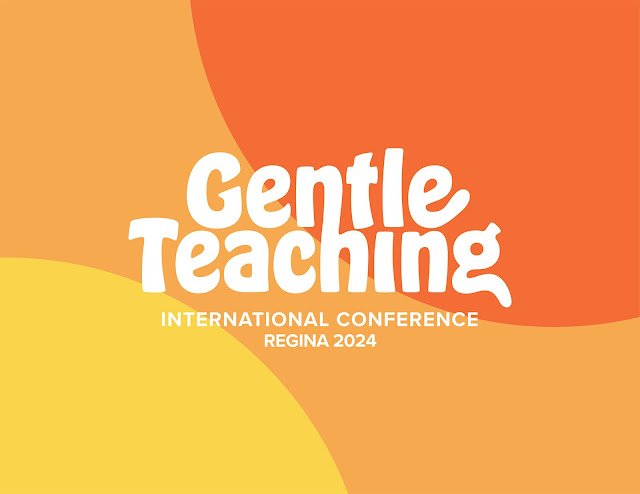
Canada is home to several prestigious universities that offer exceptional programs for aspiring teachers. Choosing the best university for a teaching degree in Canada can depend on various factors including your career goals, the level of education you wish to teach (elementary, secondary, or post-secondary), and the specific strengths of the programs. Here are some of the best universities in Canada known for their teaching degree programs:
### 1. **University of Toronto (Ontario Institute for Studies in Education - OISE)**
- **Location**: Toronto, Ontario
- **Program Highlights**: OISE at the University of Toronto is consistently ranked as one of the top education schools in the world. It offers a Masters of Teaching (MT) program for aspiring teachers, as well as Doctor of Philosophy (PhD) and Master of Education (MEd) programs for those interested in educational research and leadership.
- **Why it stands out**: OISE is renowned for its research, innovation, and commitment to teacher education. It also provides a wide range of opportunities for practical experience in diverse school settings.
### 2. **University of British Columbia (UBC)**
- **Location**: Vancouver, British Columbia
- **Program Highlights**: UBC offers a Bachelor of Education (BEd) program that includes a unique emphasis on Aboriginal education, environmental education, and educational technology. The program is designed to prepare teachers for a variety of educational settings.
- **Why it stands out**: UBC's Faculty of Education is highly regarded for its comprehensive curriculum and strong research base. It also offers opportunities for international field experiences.
### 3. **University of Alberta**
- **Location**: Edmonton, Alberta
- **Program Highlights**: The University of Alberta offers Bachelor of Education (BEd) programs in Elementary Education and Secondary Education, as well as graduate programs in Education. The university has a strong focus on research and collaboration.
- **Why it stands out**: The university's Faculty of Education is known for its commitment to social justice education and its strong ties with the local and global educational community.
### 4. **McGill University**
- **Location**: Montreal, Quebec
- **Program Highlights**: McGill offers a wide range of programs including Bachelor of Education (BEd), Master of Arts (MA), and Doctor of Philosophy (PhD) in Education. The Faculty of Education at McGill is renowned for its international perspectives and interdisciplinary approaches.
- **Why it stands out**: McGill is located in a bilingual city and offers programs in both English and French, making it an ideal choice for students interested in language education.
### 5. **University of Western Ontario (UWO) - Faculty of Education**
- **Location**: London, Ontario
- **Program Highlights**: UWO offers a Bachelor of Education (BEd) program that includes a strong emphasis on field experiences in schools. The university also offers a concurrent program for students who have not yet completed their undergraduate degree.
- **Why it stands out**: The Faculty of Education at UWO is known for its hands-on approach to teacher education and its commitment to community engagement.
### 6. **University of Calgary**
- **Location**: Calgary, Alberta
- **Program Highlights**: The University of Calgary offers a Bachelor of Education (BEd) program, as well as graduate programs including Master of Education (MEd) and Doctor of Philosophy (PhD) in Education. The programs focus on developing teachers who are reflective practitioners and lifelong learners.
- **Why it stands out**: The faculty emphasizes the importance of technology in education and offers a range of courses that integrate technology into the teaching process.
### Factors to Consider
- **Program Focus**: Consider whether you are interested in elementary, secondary, or special education, and choose a program that specializes in your area of interest.
- **Location**: Think about whether you want to study in a large city, a smaller town, or a bilingual area.
- **Career Goals**: Some programs may have stronger connections with certain types of schools or districts, which could impact your future employment opportunities.
### Conclusion
Each of these universities offers a high-quality education and can provide you with the skills and knowledge necessary for a successful career in teaching. When choosing the best university for your teaching degree, it is important to consider your personal interests, career goals, and the specific features offered by each program. 🎓✨
To get the most accurate and up-to-date information, it's recommended to visit the official websites of these universities or contact their admissions offices directly. This will ensure you have the most comprehensive information about program requirements, application procedures, and any special opportunities available.













Follow Us:
Twitter Facebook RSS